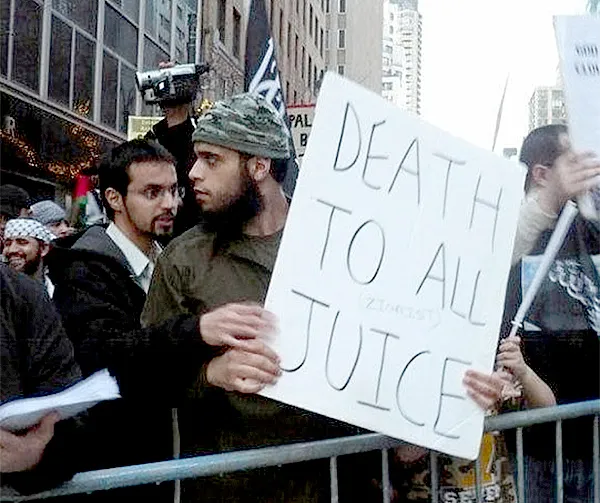Anti-Semitism, like any form of ingrained hatred, cannot be eradicated through external pressure alone. True change must come from within the society that harbors it. This is the fundamental issue with Jew-hatred in parts of the Islamic world today.

A recent case in Sydney, Australia, illustrates this troubling reality. Two Muslim nurses were caught on video making violent threats against Jewish patients. The hospital swiftly condemned their actions and removed them from their positions. Australian politicians denounced them. The Jewish community voiced its outrage.
But one group remained conspicuously silent: the Australian Muslim community.
Journalist and researcher Haviv Rettig Gur posed a crucial question on his X account: Where is the condemnation from Islamic leaders? What have the nurses’ imams said? How has their mosque responded? What values does their community promote?
Acts of violent bigotry do not emerge from a vacuum. They are nurtured within a cultural environment that either tolerates or encourages them.
If Jewish individuals were caught engaging in similar behavior, the backlash from the Jewish community would be swift and unequivocal. And rightly so. Yet in many Islamic societies, anti-Semitism is not only ignored—it is often celebrated. The more extreme, the louder the applause.
This is part of a larger pattern of intolerance that permeates various factions within the Muslim world. Hatred is directed not just at Jews, but also at Christians, Kurds, Yazidis, Baháʼís, Hindus, and any non-Muslim group. Even within Islam itself, sectarian animosity between Sunnis and Shiites fuels endless cycles of violence.
This deep-seated hatred is, and will continue to be, the greatest self-inflicted wound of these societies. No external force can break this cycle—only they can.










